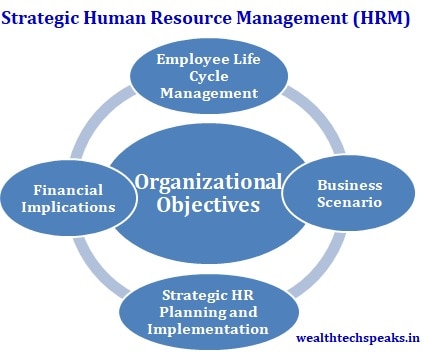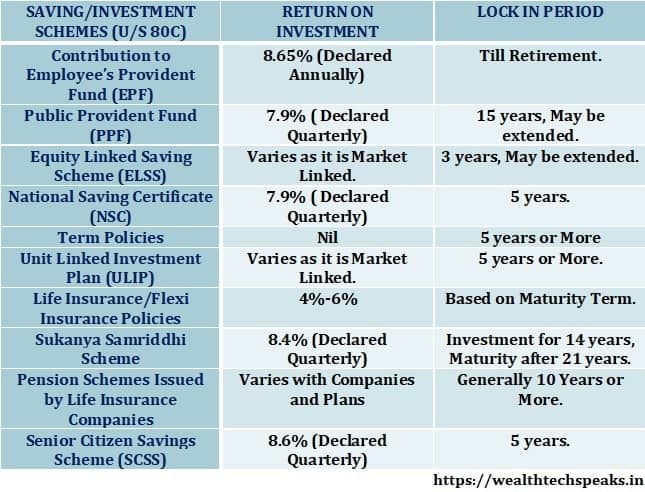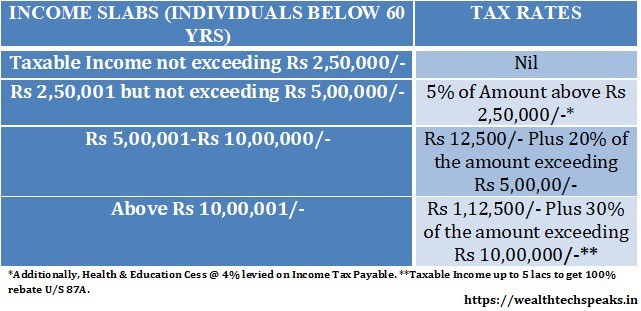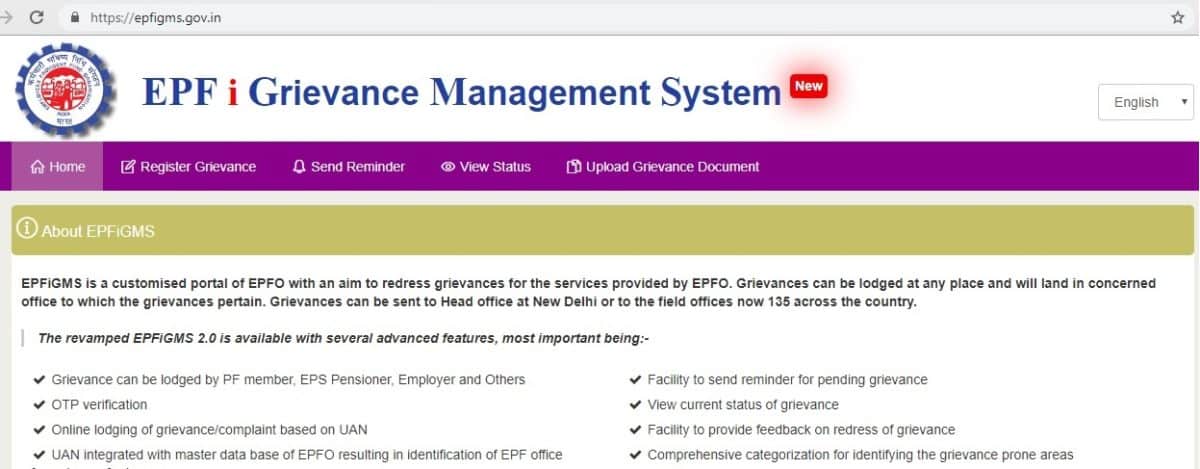
Strategic Human Resource Management (HRM): Role and Impact On Performance Management
- Posted By Amritesh
- On April 30th, 2018
- Comments: 1,059 responses
Organizations for long have tried to explore ways to develop an effective Performance Management System (PMS) which would be able to focus on bringing out the best in the Employees, allowing organizations to achieve its objectives as per the vision set for the same. Performance Management is most talked about aspect in Human Resource Planning and Management as it is seen as primary driver to attract and retain talent. However, in the modern scenario with organization adopting extensive technology driven practices, one needs to evaluate the use of Traditional Performance Management tools. The need is to develop new simple yet systematic Performance Management System (PMS) which is easily understood and interpreted. The complex assessment of Performance may not be productive at a time when automation is going to play a pivotal role in a way an organization functions. The focus of Strategic Human Resource Management (HRM) needs to expand its horizon even more to be able to interpret the business scenario even better.
Traditional Performance Management System (PMS)
Traditionally, Performance Management System (PMS) has been all about year-end Performance Appraisals which is restricted to awarding ratings to the Individual based on the performance measured by the Reporting Manager. This may have sufficed previously, but slowly the need to develop a more structured system has emerged with organization’s attaining economies of scale and the requirement for skilled manpower grows. Many new performance metrics emerged such as Balanced Scorecard, Individual Scorecard, Bell Curve, etc. These were no doubt sophisticated tools which did measure the performance to a fair extent with certain transparency but the same may not be enough going forward. The role of Human Resource Management has changed from being a Facilitator to that of a Transformer. Human Resource Personnel are responsible for bringing a change in the organization which not only aims at hiring the right talent but also retaining the right talent and nurturing them so that they are able to meet organization’s expectations.
Role of Strategic Human Resource Management (HRM): Modern Era
Employee Lifecycle Management is one of the core functions of HRM. However, in the modern era the role has assumed greater significance. HRM has to constantly focus on development of an Individual in terms of skills, knowledge and leadership attributes, barring which an Individual would find it tough to survive in an organization.
Employee Life Cycle Management: Modern Perspectives
Employee Life Cycle Management includes;
#Recruitment/Onboarding
#Training and Development
#Performance Management
#Retention
#Exit/Offboarding
HRM process kicks right from the time of recruitment of an Individual and continues till an Employee exits the organization. The critical aspect to the process is the period between Training and Development till Retention. HRM has a major role to play in identifying the key training and development program an Individual needs to undergo to be able to contribute to the best of his/her potential in the organization.
Competency Mapping helps organization to find specific skills, knowledge, attitude and characters deemed fit for the organization and the job. It ensures that Job Fit candidates are hired who are aligned to the Organizational Objectives.
This may be only possible if an organization has a structured Talent Mapping process which includes identification of;
#Future Talent Requirements
#Resources Available in the Organization
#Skill, Knowledge, Attitude of the Individuals
#Map High Potential Individuals
#Identify Talent Gaps
#Design Specific Talent Development Programs
#Alignment of Skills to Organizational Goals
The above mentioned steps help the Organization to plan for the future and adapt to the changes in the business environment. At the same time the Employees are allowed to evolve with the company, acquire new skills and be future ready.
Role of Strategic Human Resource Management in Performance Management
Strategic Human Resource Management will facilitate alignment of the Performance Management System (PMS) with the futuristic goals of the organization. Organization will be able to identify the key talents within the organization and evolve tools to retain such talents for future. Strategic HR Management needs to develop structured setup which would help in retaining key talents in the organization.
Performance Management System: Challenges and Need
Focus should be primarily on;
#Competitive Reward & Recognition Programs
#Comprehensive Compensation Package for Top Resources
#Structured Fast Track Career Growth Plan For Employees
#Systematic Succession Plan to prevent Leadership Crisis in the Organization.
Thus Strategic Human Resource Management could play a pivotal role in the Performance Management System (PMS) in any organization. Therefore, the need is to understand the gap in the HR process and bridge the same in order to ensure that the Organization is able to retain key talents considered critical for fulfillment of the objectives.






